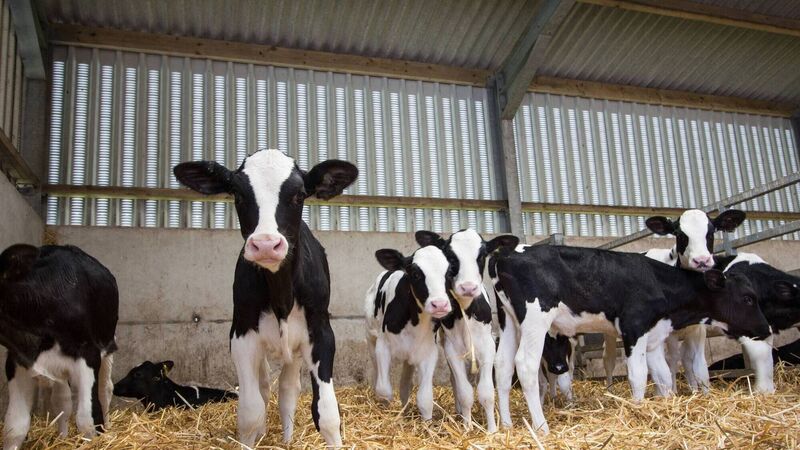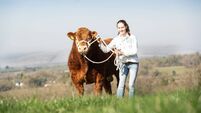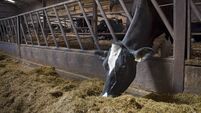The feed additive for calves that could cut methane emissions by 20%

The Kowbucha powder is blended into milk or milk replacer fed to calves. Early trials suggested these calves emit up to 20% less methane.
Scientists down under are getting excited about a natural additive fed to calves which will reduce their methane emissions by 20%. They have also found an additive which eliminates methane from slurry.
The additive fed to calves could be a valuable weapon for farmers around the world forced by national authorities to reduce the methane output from their herds, but the scientists in New Zealand who discovered it have yet to discover how long-lasting the emissions reduction effect is.













